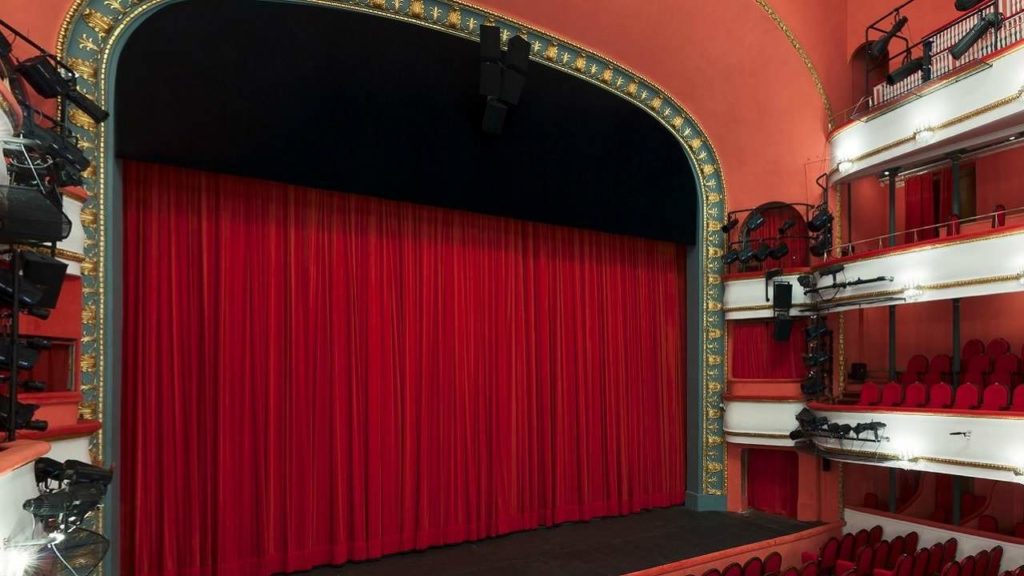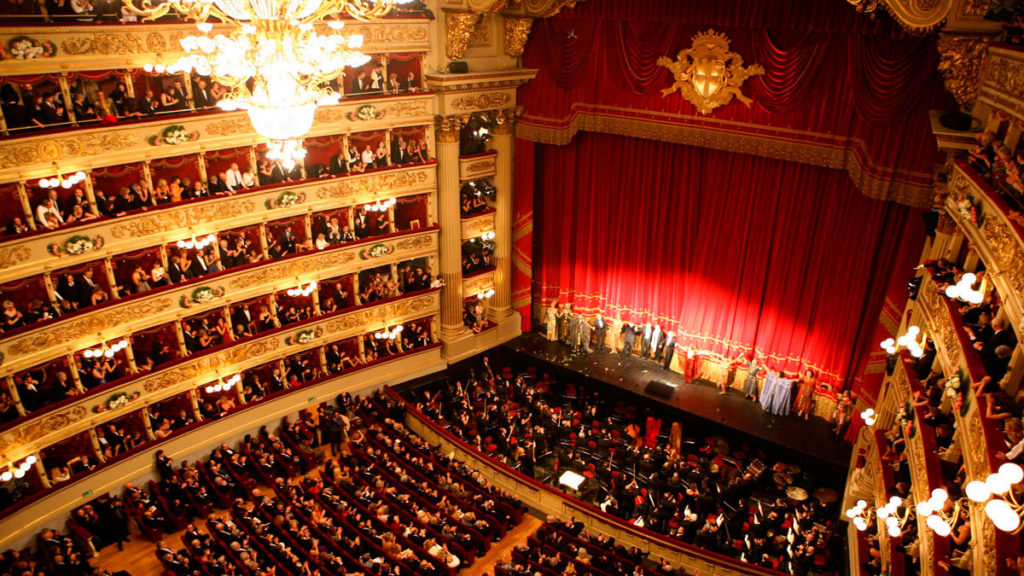
Many people believe that all a director does is move actors around a stage. But directing is MUCH more than that.
The Director is solely responsible for the artistic unity of the production, based on his/her overall concept or vision. His/hers is the final responsibility for every aspect of the show, including, but not limited to, the overall look, the specific characterizations and staging, the music, dance, set, props, costumes, lighting and sound. All design plans are created under his/her supervision, all actors are under his/her direction.
The director’s work includes:
* when working on a new play, using his/her knowledge of theatre to work with the playwright (and possibly composer and lyricist) to shape the play,
* research and analysis of the play material,
* interpreting the script through the use of actors and designers, defining the style, mood, pace and arc of the action,
* holding auditions and casting the show with the advice of the musical director and choreographer, when appropriate, and the help of the stage manager,
* coordinating and supervising the work of the musical director, choreographer, designers and performers,
* planning the rehearsal schedule, with the help of the stage manager,
* approving sets, lights, sound, costumes, props, make-up and hair styles,
* rehearsing the performers, creating the blocking and musical staging, developing characterizations with the actors.
Good directors need far more than a basic understanding of theatre
In fact, they need to know more than a little about EVERY aspect of theatre. Great directors not only know and do all that, they do it in a way that creates an atmosphere of creative freedom that enables their actors and designers to give their very best performances. They are experts at the art of collaboration, respecting the artists they work with and the contributions they make to the project as a whole. Great directors think outside the box and encourage their cast and staff to do the same. The results can be brilliant!